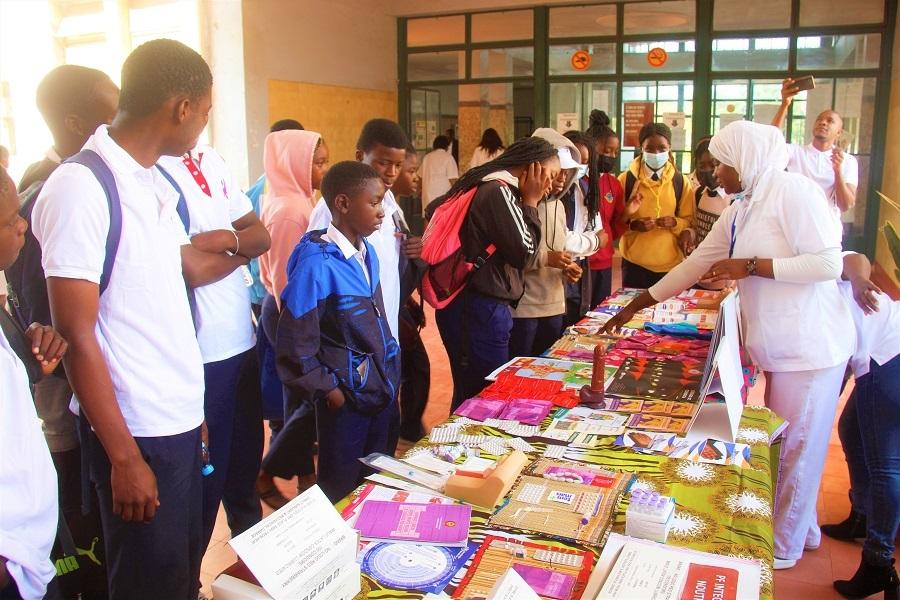Africa-Press – Mozambique. One out of every two girls aged between 15 and 19 is a mother or expectant mother pregnant for the first time in Mozambique.
According to the Health Ministry (MISAU) the number of adolescents and young girls of reproductive age who use some modern method of contraception is stubbornly low and has remained stable over the period 2011 – 2015, at around 14 percent, which is the leading cause to many early and unwanted pregnancies.
These are the figures released this Monday in Maputo by the Health Minister, Armindo Tiago, during the celebrations of the World Contraception Day which this year were under the theme “Family Planning is a Human Right”.
“In Mozambique, early pregnancies are serious problem. One in every two girls aged 15 to 19 is a mother or pregnant for the first time. The majority of pregnant adolescents are unaware of the psychosocial consequences of early pregnancies such as the high risk of dropping out of school,” said Tiago.
According to the Minister, besides ending in death in some situations, often early pregnancies are responsible for obstetric fistula.
“The negative consequences of early pregnancy for the girl, her baby, her family and society are quite high. Obstetric fistula occurs most frequently among girls at the age of 14 to 24 years”, he said.
The Minister added that “the younger the girls the greater the chances for premature births and the greater the risks of premature babies.”
The minister assured that the government has been implementing a wide range of initiatives, particularly dissemination of family planning.
“As government, we have been accelerating interventions aimed at responding to the needs of the people. Family Planning and Contraception are clear examples of these interventions. They show the need for us to ensure that more adolescents and youngsters adhere to Family Planning.
For his part, the Sexual and Reproductive Health Programme Officer at the United Nations Population Fund (UNFPA), Amir Modan, said that the contraceptive prevalence rate in the country is around 35 per cent, much lower than in neighbouring countries.
“If we compare prevalence of family planning is around 60 per cent in neighbouring countries. We need to make a huge effort to take the service to the level of the communities, especially to young people. Access to the service has to improve much and the type of information according to the age group is also very important”, he declared.
Asked to comment on the initiative, students from Josina Machel Secondary School said that the event was good and educational, as they were more enlightened on how to prevent early pregnancies and how dangerous and harmful it is to the life of the girl and young girls, and the need to leave sexual intercourse for later.
For More News And Analysis About Mozambique Follow Africa-Press






